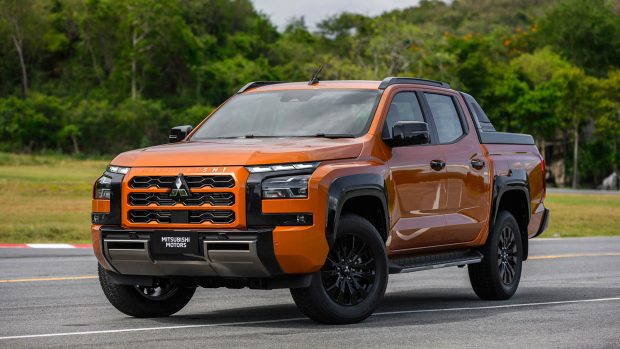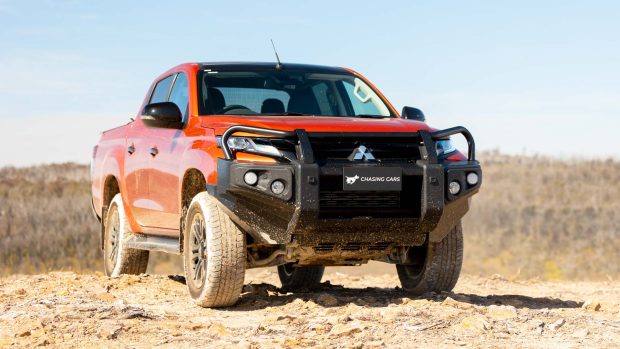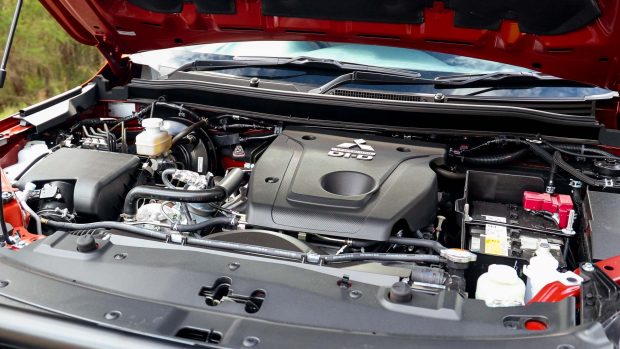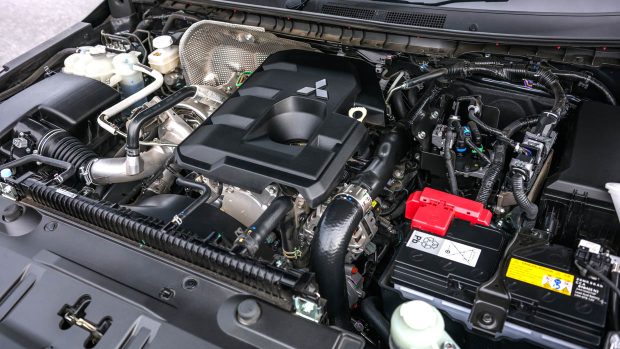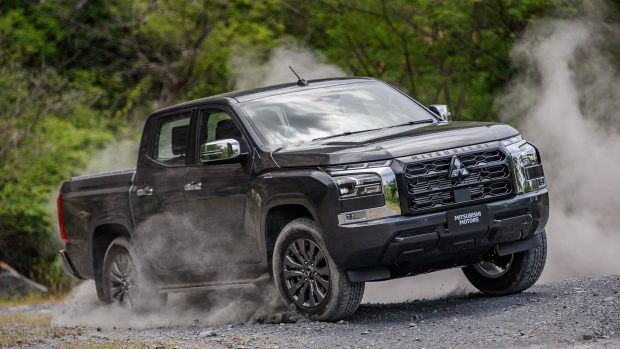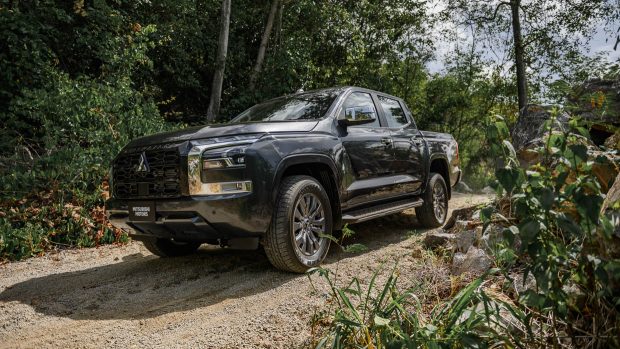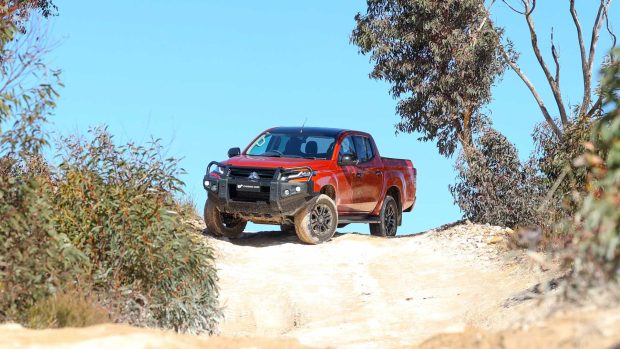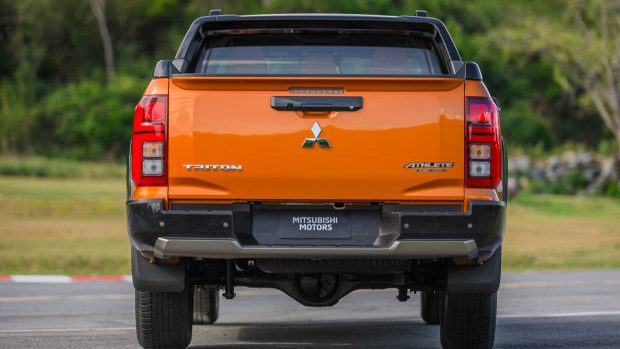-
Car Reviews
- All reviews
- Midsize SUVs
- Small cars
- Utes
- Small SUVs
- Large SUVs
- Large cars
- Sports SUVs
- Sports cars
- Vans
Latest reviews
- Car News
-
Car Comparisons
Latest comparisons
- Chasing Deals
Chasing Cars takes a look at what makes the new Triton unique from the outgoing fifth-generation ute
The new sixth-generation Mitsubishi Triton has now been revealed in full and there are significant changes inside and out compared with the outgoing fifth-generation model.
In addition to its restyled and redesigned exterior, there’s just as much going on under the skin of the new version to differentiate the all-new Triton from the one that is still on sale in Australia.
Here’s the lowdown on Mitsubishi’s newest pick up.
The current Mitsubishi Triton is available with either 4×2 or 4×4 drivetrains, and the option of single cab, club cab and double cab body styles.
Regardless of the variant, it’s powered by a 2.4-litre turbo-diesel four-cylinder engine that produces 133kW/430Nm. Choices of both manual and automatic transmissions are available, depending on which grade is chosen.
It’s likely the 2024 Triton will be available in Australia as a similar lineup, with single cab, club cab and double cab styles available, however, there will be multiple engine configurations offered globally.
The new headlining 2.4-litre twin-turbo diesel four-cylinder engine will produce 150kW/470Nm, but two other versions of this engine will also be available depending on the region, producing either 133kW/430Nm or 110KW/330Nm.
Although still unconfirmed at this stage, the Australian-delivered Triton could use the most powerful version of this updated 2.4-litre unit, but Mitsubishi hasn’t ruled out a less powerful option for the local market.
Yes. It’s larger in every dimension. Compared with the current fifth-generation Triton, the upcoming sixth-generation dual-cab ute measures in at 5320mm long (15mm longer), 1865mm wide (50mm wider) and 1815mm tall (20mm higher) and will have a wheelbase of 3130mm (130mm longer). The rear tray is now 35mm longer measuring 1555mm.
Mitsubishi has also confirmed that the tray bed is now 45mm lower than the outgoing Triton, which should make loading and unloading easier.
What we know so far is that Mitsubishi has made significant changes to the chassis and suspension of the new Triton – both of which could result in a more capable car off the beaten track.
Mitsubishi says it has tweaked and updated the chassis, improving torsional rigidity by 60 percent and increasing bending rigidity by 40 percent.
The new Triton features Mitsubishi’s Super Select four-wheel drive system which uses a torque-sensing limited-slip differential that distributes 40 percent of the driving force to the front and 60 percent rearward for “traction performance and cornering performance,” it says.
Four driving modes will be available for all 4×4 versions: 2H, 4H, 4HLC (locked differential) and 4LLC (lock differential with lower gears). Active Yaw Control is also standard which works by applying light braking to the inside front wheel when cornering, boosting stability.
The suspension of the new Triton has also been revised, with the double wishbone front suspension tuned for sharper dynamics, along with a lighter leaf spring system at the rear and thicker shock absorbers.
How does this compare to the last Triton?
In higher grades, the outgoing Triton does have Super Select II four-wheel drive, however, it doesn’t offer the new Active Yaw Control system, but a rear differential lock is standard on GLX grades and up.
Selectable off-road modes are also standard on the current GLS and GSR double cab variants.
Mitsubishi’s 2024 Triton will now have adaptive cruise control as standard, along with advanced safety features such as forward collision mitigation, blind spot warning with lane change assist and rear cross traffic alert.
The existing Triton has the following safety features:
Exact Australian specifications are yet to be confirmed but keep your eyes on Chasing Cars for more news on the 2024 Triton’s safety and all the features we can expect soon.
Latest news
About Chasing cars
Chasing Cars reviews are 100% independent.
Because we are powered by Budget Direct Insurance, we don’t receive advertising or sales revenue from car manufacturers.
We’re truly independent – giving you Australia’s best car reviews.
